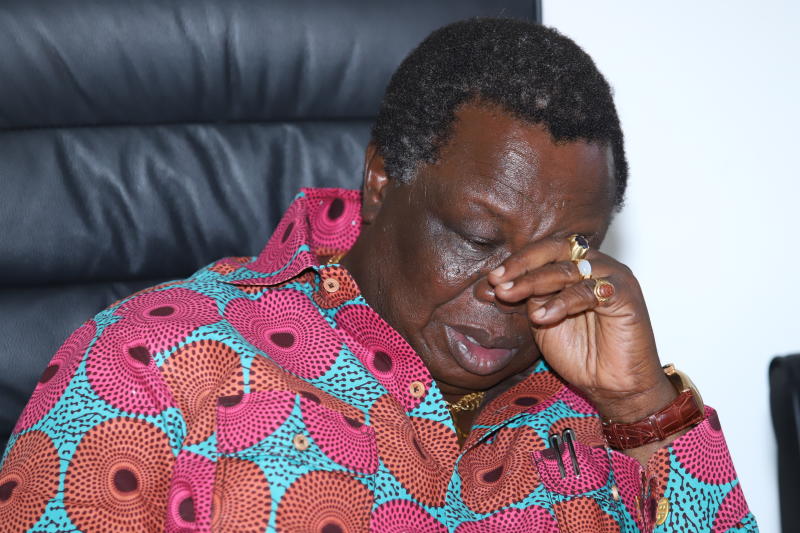×
The Standard e-Paper
Fearless, Trusted News

President Moi strengthened labour and trade unions to make it easy for him to resolve workers grievances and professional matters to minimise industrial unrest.
Central Organisation of Trade Unions (Cotu) secretary general Francis Atwoli and Union of Kenya Civil Servants secretary general Tom Odege said Moi abhorred workers' strike.